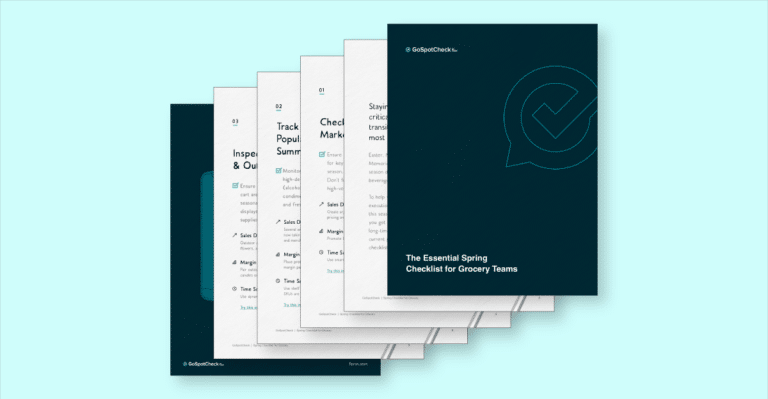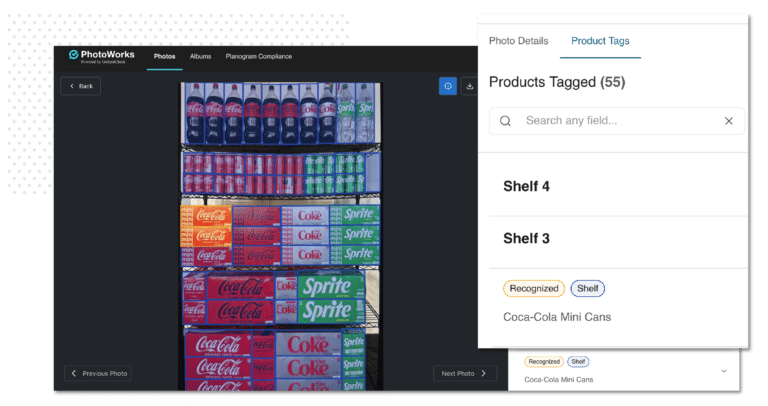Mental Health in the Workplace
In today’s fast-paced and demanding work environments, mental health has emerged as a critical component for both individuals and organizations to thrive. A recent survey revealed that as many as 59% of employees have experienced work-related stress—proving that nobody is alone—and emphasizing the need to reduce the stigma around the conversation.
Fortunately, employers are starting to acknowledge the significance of cultivating a supportive workplace environment. Many reports indicate that fostering positive mental health not only leads to happier workers, but also paves the way for a more productive and successful workforce.
We asked FORM team members, including our HR team, to provide some insights into how both individuals and organizations can foster a culture of mental health advocacy and work-life balance. Take a look at their responses!
Featured in this article:

People Operations Associate

Global Talent Partner

Director of Reporting & Analytics
How Do You Avoid Burnout at Work?
“I have several methods! I like to step away from my desk throughout the day—I found myself not leaving my desk often and even eating lunch at my desk. In the warmer months, I take my dogs on a walk at lunch.
I also like to work outside or in a new work environment such as a coffee shop. When I am feeling a slump in productivity, changing my work environment from my normal office setup helps me feel rejuvenated and motivated.
Lastly, writing out daily goals of things I need to complete helps me stay on track and not get overwhelmed. Larger projects seem more manageable once broken down into smaller steps.” – Angel
“I like to take the time to organize my workload so that I know what to expect each day and week. I also make sure to prioritize movement, nature, and nourishment throughout my day, and fit moments of my personal life into my workdays where appropriate and possible—like my daughter’s weekly dance class.” – Stephanie
“One method I’ve used over the years is “Plan, Do, Review” when things get hectic. Spend 20-30 minutes planning your day in the morning. This is your zen time. Write down your priorities for the day in a notebook/whiteboard/notes app and recognize that there are only 8 hours to get the priorities done.
Spend the middle of your day working on things and focusing exclusively on priorities. If something comes up during the middle of your day, look at the priorities you’ve already written down and see if that item truly takes precedence over something else on your list. Stick to the priorities you started the day with.
Finally, spend the last 30ish minutes of your day reviewing what you did. Where you spent the most time, if there are any priorities you can get help with from the team, etc. Cross off items that you have completed. At the end of the week, review your “reviews” and see what happened. Figure out if there are some opportunities for changing things around, where the most time was spent, etc.” – Ben
What are some tips for focusing on your career while also putting your well-being first?
“Set realistic goals for the present and future. Start small and work your way to larger goals. I find myself getting overwhelmed if I am setting unrealistic goals for myself and what I’m wanting in my career. It’s also important not to compare yourself to others. Everyone is at a different point in their career so focus on yourself and what you want to accomplish.” – Angel
As a member of the HR team, how do you build awareness of the importance of prioritizing mental health at work?
“1. Lead by example: Actually taking PTO, Mental Health Days, and VTO days might encourage others to do it.
2. Remind our employees of the importance of mental health days: The importance of our mental health is becoming a regular conversation in the work world, and we need to continue to remind our employees they are there for a reason.
3. Set boundaries with your team: I was in a habit of never being turned “off” from work and answering messages after work hours. Once I set boundaries of not checking my emails/messages after normal work hours, it helps me feel disconnected even though my home and office are in the same place.
4. Recognition: In a remote-first work environment, it’s important to highlight the achievements of employees. It’s hard to know what is happening across the company and having individuals recognized for milestones/achievements is important for employee morale.” – Angel
“I think one of the best ways we can bring awareness to prioritizing mental health is by exemplifying different ways to do so. For example, I try to remember to update my Slack status when I take my dog on a walk, go to my daughter’s dance class, or am just taking a breather. I like to think that this promotes and normalizes taking time for yourself each day.” – Stephanie
Work & Well-Being at FORM
Thank you to Angel, Stephanie, and Ben for providing their insights into how to prioritize mental health at FORM. Together, let’s create a more open culture around mental health and foster a community inside and outside work!




